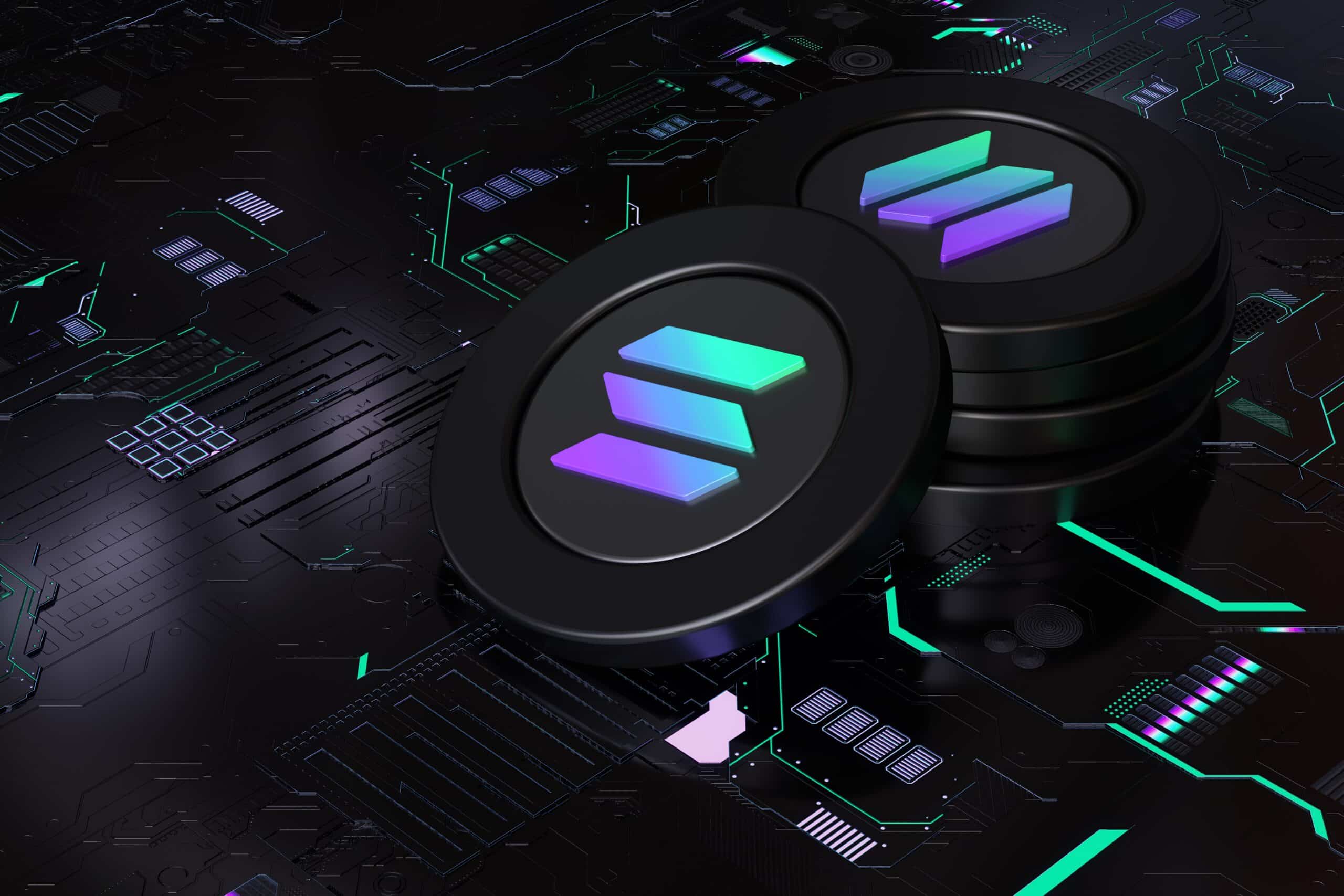Solana Foundation Revises Validator Program to Boost Community Support

The Solana Foundation is taking a decisive step to refine its validator ecosystem by adjusting its delegation program, a move that could reshape the network’s validator landscape. According to estimates from Blockworks Research, approximately 150 validators could lose their foundation-backed stake under a new policy designed to prioritize community-driven support over prolonged reliance on foundation resources. This shift underscores Solana’s broader ambition to foster a more sustainable and independent validator network, encouraging validators to secure authentic backing from the community.
Under the updated rules, the Solana Foundation will remove three existing validators with less than 1,000 SOL in external stake for every new validator admitted to the Solana Foundation Delegation Program. The foundation holds a significant reserve of SOL tokens, which it stakes with smaller validators to help them establish a foothold in the network. Validators enrolled in the program, after passing KYC checks, also benefit from having their voting costs subsidized for a year. This initiative has been a cornerstone of Solana’s validator ecosystem, with a 2023 report from Helius indicating that 72% of validators receive foundation stake. However, the foundation has previously demonstrated its willingness to enforce standards, as seen in June 2024 when it expelled validators operating private mempools linked to sandwich attacks.
Stay In The Loop and Never Miss Important Crypto News
Sign up and be the first to know when we publishA Push for Validator Independence
The delegation program plays a pivotal role in Solana’s validator dynamics, as validators rely on delegated stake to generate revenue through inflation, priority fees, and maximum extractable value (MEV). Securing substantial stake is critical for validators to remain viable, and the foundation’s decision to scale back support could challenge smaller players. Validators removed from the program must now seek alternative sources of stake or risk becoming unsustainable. While the program has been instrumental in expanding Solana’s validator base, the foundation recognizes that long-term reliance on its support is not viable. This policy shift aims to cultivate a more resilient ecosystem by encouraging validators to build stronger ties with the broader Solana community.
For smaller validators, this change compounds existing pressures. Recent market activity has already strained their operations, and discussions around potential reductions in Solana’s emissions rate could further complicate their financial outlook. Nevertheless, the foundation’s move is seen as a necessary step to promote a healthier, more competitive validator landscape. By reducing dependency on its stake, the Solana Foundation is signaling confidence in the network’s maturity and its validators’ ability to thrive independently. As the ecosystem evolves, this recalibration could pave the way for a more robust and decentralized Solana network, aligning with the foundation’s vision for long-term growth and stability.

